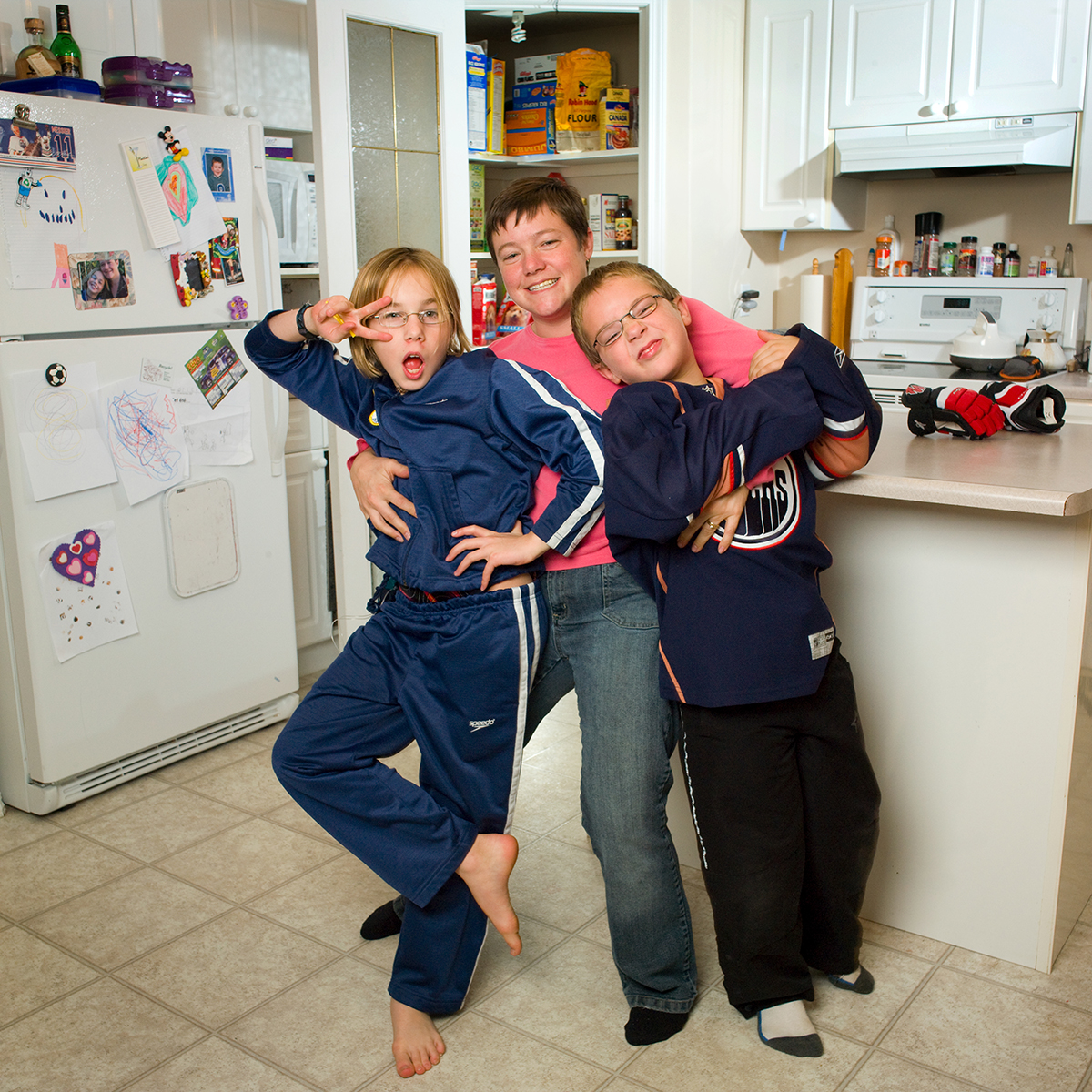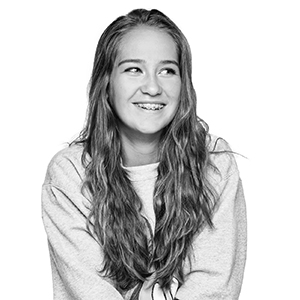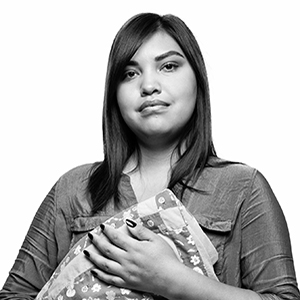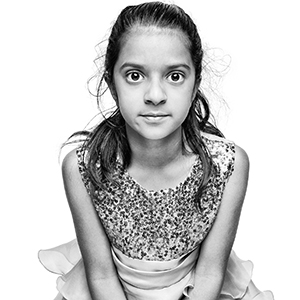DANA & ROSS / LAURIE

DANA & ROSS / LAURIE
Type 1 diabetes-Dana diagnosed 2000 / Ross diagnosed 2005
All you can expect of yourself is not to give up. Just keep trying.
-Dana and Ross's mother Laurie
After Dana Kanerva was diagnosed with type 1 diabetes at just three years old, her parents had to give her needles throughout each day and sometimes even in the middle of the night. It was a difficult learning curve for everyone involved, never mind a toddler.
But Dana adjusted well and understood from an early age the importance of monitoring her disease. "She suddenly had to be the most responsible three-year-old. She had to grow up at three; she didn't get to have a regular, carefree childhood," says Laurie, Dana's mom.
By the age of 10, Dana was a nationally ranked competitive diver, often travelling on her own and spending time at the pool without her parents. She enjoyed competing, but a complex schedule of training and maintaining her health led to diabetes burnout.
While burnout can happen to anyone with diabetes, it was particularly challenging for Dana, with the added intensity of her competitions. She decided to stop diving at a competitive level when the pressure became difficult to handle, but now she pursues other passions, including soapstone carving and academics.
Dana is the oldest of three children-Eric, her youngest sibling, doesn't have diabetes, but Ross, the middle child, was diagnosed with type 1 at the age of six. While the family knew what was coming, there was an emotional toll from having to manage the disease, especially the needles, which can be scary for a small child.
"It made me less social and more scared to talk to people. It definitely raised my level of anxiety, and it didn't help my depression," says Ross.
Laurie and her husband Jim also struggled emotionally and mentally, especially when the kids were younger and everyone was still learning about the disease and its treatment. Their experience during the early years after Dana's diagnosis is chronicled in Jim's book, Dana's Disease, written while he was director of the Alberta Diabetes Foundation.
Laurie says now the challenge is watching as their adult children learn to manage on their own - 20-year-old Dana is at the University of Alberta studying history and classics, while Ross, 18, is taking environmental science at Lakeland College.
Sometimes, Laurie covertly calls Dana's boyfriend just to ask how she's doing and she often texts Ross to see how his blood-sugar levels are faring.
Dana and Ross agree that while they may have balked at their parents' help in younger years, there are times now when it comes in handy. "When I'm at school by myself, I really appreciate the nagging sometimes," says Ross. "Because every once in a while, I just forget to do stuff."
As the siblings grew older, they moved from pediatric care to adult care with some help from a transition clinic and with the years of knowledge passed down from their parents. "And then, when I moved to the adult clinic, I realized I don't need to be perfect and I can't expect that from myself," says Dana.
"All you can expect of yourself is not to give up. Just keep trying," says Laurie.
The Alberta Diabetes Institute is the largest freestanding diabetes research facility in Canada, providing an environment where research is integrated into practical applications with access to state-of-the-art facilities and equipment.
Photography: Richard Siemens Writer: Caroline Barlott Editor: Sasha Roeder Mah Creative Director: MJ Fell






